T1D Guide
T1D Strong News
Personal Stories
Resources
T1D Misdiagnosis
T1D Early Detection
Research/Clinical Trials
Type 1 Diabetes Screening – Here’s What You Need to Know
More cases of diabetes misdiagnoses are happening every day (most recently, Lance Bass of *NSYNC fame, at age 45). As the two diabetes types (1 and 2) may appear similar, they are very different diseases, which is why getting the right diagnosis, treatment, and screening is critical.

Why the Misdiagnosis?
Type 1 diabetes (T1D) has been incorrectly viewed as a juvenile disease, only affecting children and adolescents. We now know that type 1 diabetes affects people of any age, from infants up to individuals in their 70s and 80s.
The broad term diabetes mellitus (DM) covers various types (T1D, T2D, Type 1.5, MODY, and gestational). In type 1 diabetes, the immune system destroys the pancreas’ insulin-producing beta cells, rendering them insulin-dependent for life. However, with type 2 diabetes, the body’s cells become resistant to insulin and can sometimes be managed with increased physical activity and diet.
The Stats
In 2021, the American Diabetes Association (ADA) cited more than 11 percent (38.4 million) of the general population in the United States had type 2 diabetes, while only two million Americans have type 1 diabetes.

Why Screening Matters
Without proper diagnosis, a diabetes patient’s condition continues to worsen with side effects like cardiovascular disease, nerve and kidney damage, retinopathy, and life-threatening diabetic ketoacidosis (DKA), which may result in diabetic coma or even death if not treated, which is why T1D screening is so important.
Also, people with T1D are more likely to develop high blood pressure or hypertension. Recent Johns Hopkins Medicine studies show up to half of young adults with type 1 diabetes may have hypertension. More importantly, an individual with diabetes and high blood pressure is four times more likely to develop heart disease. Specific genes may be indicators.
Emerging Therapies to Delay T1D
Another benefit of T1D screening is the promising new therapies that delay the disease’s progression. Organizations like Breakthrough T1D (formerly JDRF) have invested millions in diabetes research for testing.
The most exciting advancement is Tzield®, a prescription medicine that delays the onset of stage 3, T1D. Tzield can slow down the disease progression for up to two years.
Incretin-based medications (semaglutide, lixisenatide and dulaglutide) are now available to improve beta cell function with type 2 diabetes (and in some cases type 1) by regulating insulin production and keeping people feeling full longer after eating.
Who Should be Screened?
You may have an elevated risk if you have a family history of type 1. Unless you have family members with the disease or are showing symptoms, your doctor probably won’t test for type 1. However, if you have one family member with T1D, your risk multiplies by up to 15 percent. Also, 85% of T1D diagnoses occur in people with no family history.
What’s more problematic is that without screening, the earliest stages of T1D show no symptoms. The National Institutes of Health (NIH) cite that up to 40% of people have no idea they have T1D until they require a hospitalization with a life-threatening condition like DKA.

How to Get Screened for T1D
Autoantibody Testing
The ADA recommends that high-risk individuals proactively screen for type 1 diabetes.
An islet autoantibody test for T1D is a blood test that looks for certain proteins in the blood. These tests can also distinguish between T1D and T2D. You can arrange blood tests with your doctor. Also, some entities like T1D Strong are developing test kits you can receive in the mail to receive the results in the privacy of your own home.
No Autoantibodies
If the test results indicate zero autoantibodies, you are at a low risk of developing T1D. However, this does not guarantee you will never develop autoantibodies or T1D.
One Autoantibody
If the test shows a single autoantibody (AAB) for T1D, you are at a higher risk of developing the disease, but it doesn’t automatically mean you will. TrialNet encourages individuals with one autoantibody to be retested in a year to check for more autoantibodies and see if they qualify for a T1D prevention trial.
Two Autoantibodies
Patients with two or more autoantibodies are in the early stages of T1D. If you test positive for two or more AABs, your risk of developing T1D within 10 years increases to 75%, and your lifetime risk is nearly 100%. The next step is to take an oral glucose tolerance test (ORTT) to determine blood glucose levels and see if you are eligible for a prevention study.
Depending on the test results, your primary care provider can advise you on the next steps and the best treatment plan.
Where Can I Get Screened?
Here are some additional organizations that assist with T1D screening programs:
- TrialNet. TrialNet is an international network of centers dedicated to the study, prevention and early detection of T1D.
- Screen for Type 1 – Screen It Like You Mean It encourages individuals at risk for T1D to complete the autoantibody blood test.
- Autoimmunity Screening for Kids (ASK) is a program at the University of Colorado’s Barbara Davis Center for Diabetes that offers free screenings for T1D and celiac disease (CD) for children ages 1-17, regardless of family history.
- The Diabetes Autoimmunity Study in the Young (DAISY) is a long-term study of how genes and the environment interact with T1D in children.
- Breakthrough T1Dect. Breakthrough T1D is dedicated to early detection of type 1 diabetes (T1D) through free, research-based clinical trials for family members of people with T1D.
- Type 1 Diabetes Prediction and Prevention (DIPP) is a study that evaluates the effect of complementary foods introduction on beta cell autoimmunity. The organization tested 3,000 newborn babies with a genetic predisposition to T1D and screened them for IA until 12 months of age.
Interesting Fact: The ADA recently hosted the first-ever presentation and publication on monitoring early-stage T1D screening guidelines. The recommendations, led by Breakthrough T1D and over 60 international organizations, provide guidelines for children, adolescents and adults who test positive for T1D autoantibodies.

The Stages of T1D
Stage 1
Stage 1 is the earliest stage of T1D, when the beta cell attack begins. There are no visible signs or symptoms, and blood sugar levels are within normal range.
Stage 2
Stage 2 is another early stage of T1D, in which the beta cells continue to weaken during the immune system’s attack. There are no visible signs or symptoms yet; however, blood sugars may be higher or lower than the normal range.
Stage 3
This is insulin-dependent diabetes, where most people are diagnosed. With visible signs and symptoms, the blood sugar levels are much higher than the normal range.
The Cost of Screening
The cost of T1D testing depends on the type of test and your insurance coverage.
- At-home test kits may cost around $55, but reduced-cost tests are available for individuals facing financial hardship. If results are positive, a backup doctor’s office test will need to be performed.
- Clinical trial programs offer free testing for those with a family history of T1D. They provide the same in-home test kits to mail back.
- LabCorp or Quest Diagnostics also offer free testing.
- TrialNet offers free testing for those with a family history of type 1 diabetes. They provide free in-home test kits that allow you to collect a finger-stick blood sample at home and mail it back, or you can take a free lab test kit to any Quest Diagnostics or LabCorp lab.
- Doctor’s office or lab. These tests hover around $100, but some health insurance plans may cover the cost of the test.

Blood Tests for Diabetes
The screening process for type 1 diabetes differs from the simple blood test measuring blood sugar levels. Diabetes blood tests are typically run after one shows symptoms, and screening can be performed at any time. Additional tests can be ordered to check for the islet autoantibodies found in type 1 diabetes.
Type 1 Diabetes Symptoms Include:
- Frequent urination
- Lethargy
- Blurred vision
- Abdominal pain or nausea
- Yeast infections for women
If the blood sugar test has a high reading of> 125 mg/dL while fasting, it may indicate diabetes.
There are several options if you choose to be tested. Your physician can help you determine the best test for you.
- Random blood sugar test
- Fasting blood sugar test
- Hemoglobin A1C test
- Oral glucose tolerance test (OGTT)
- C-peptide test
Interesting Fact: The C-peptide test measures the amount of insulin the pancreas produces and determines if someone has type 1 or type 2 diabetes by differentiating between insulin-dependent and insulin-independent hypoglycemia.
Other Autoimmune Conditions
Since diabetes is an autoimmune disorder, conditions like celiac disease and thyroid disease (Hashimoto’s disease) may put you or your loved ones at a higher risk. Speak with your healthcare provider to complete the annual blood work to check for these secondary illnesses.

Screening Saves Lives
A simple blood test can determine if you carry the autoantibodies for T1D. What’s more, if you can prolong the onset of stage 3, there’s a surge of new treatments and research like stem cell transplant surgery trials happening right now.
Diabetes care involves tight blood sugar control management and vigilant testing. Healthcare providers are slowly adapting to mandatory testing. Strengthening your immune system and mental health can help you avoid long-term and short-term complications.
Also, wearable devices like an insulin pump or continuous glucose monitor (CGM) can help manage blood glucose levels and sugars in a tight range. When patients’ blood sugar levels are well managed, they can live long, healthy lives.
Other Useful Resources
https://www.screenfortype1.com
https://www.trialnet.org/our-research/risk-screening
https://www.breakthrought1d.org/early-detection/
https://www.diabetes.org.uk/diabetes-the-basics/types-of-diabetes/type-1/type-1-diabetes-screening


.webp)





.webp)
.jpg)


.jpeg)
.jpg)

.jpg)

.jpg)
.jpg)
.jpg)
.jpg)

.jpg)
.jpg)

.jpg)
.jpg)
.jpg)
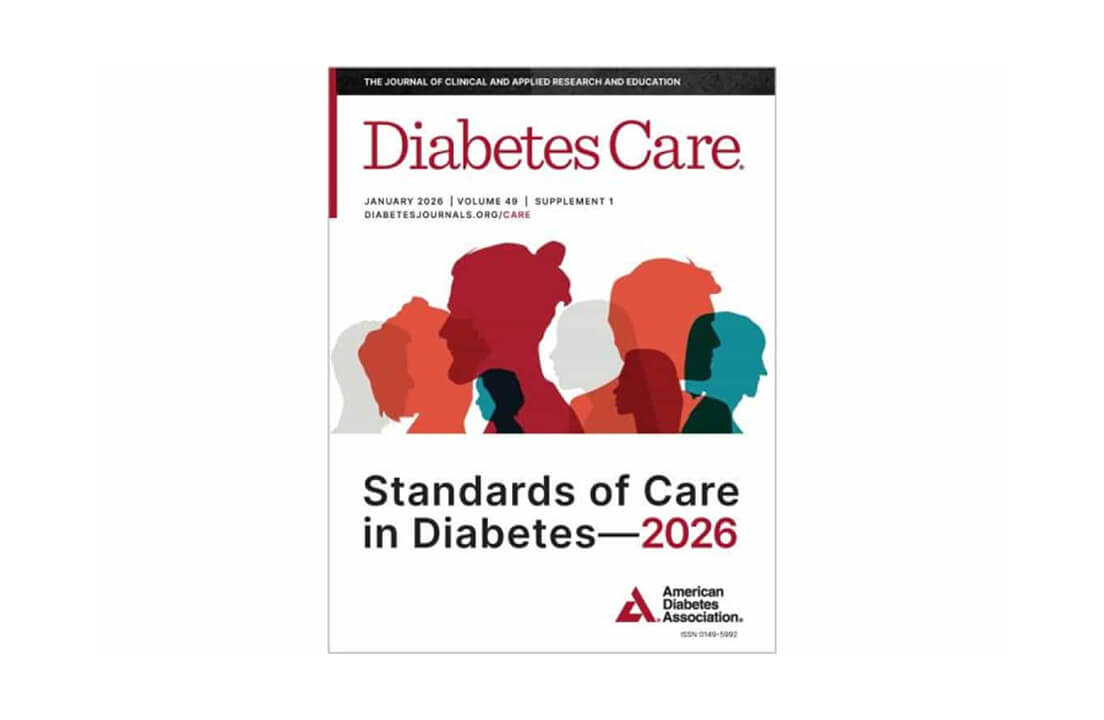
.jpg)
.jpg)



.jpg)



.jpg)

.jpg)




.jpg)

.jpg)

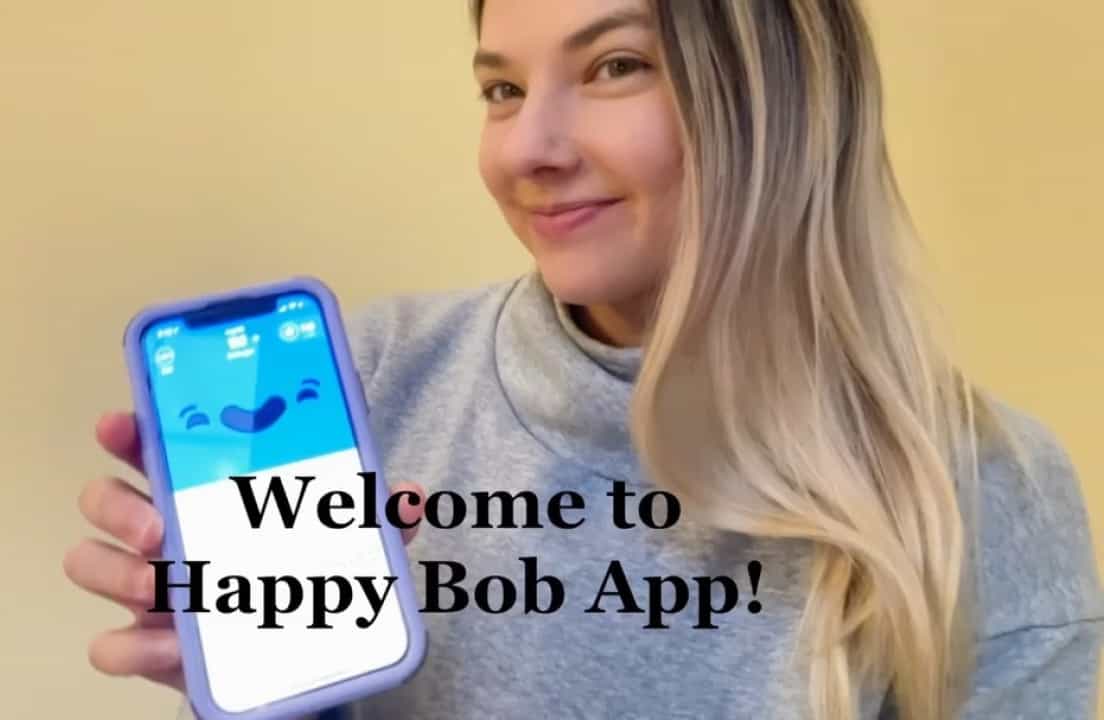
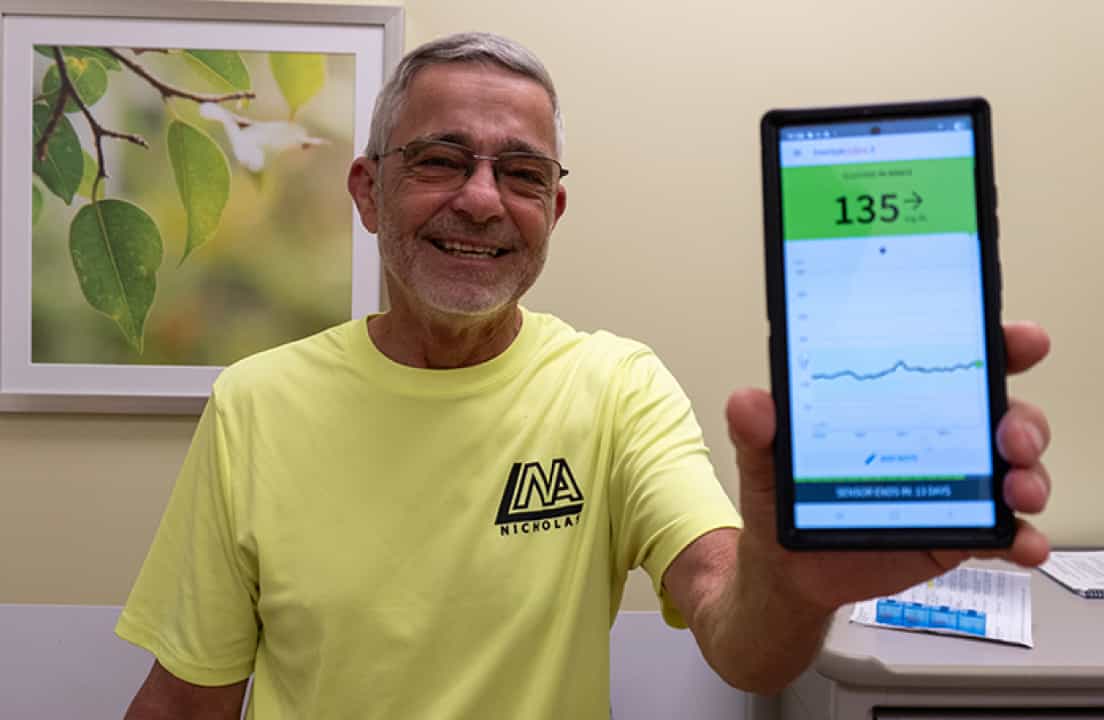

.jpg)
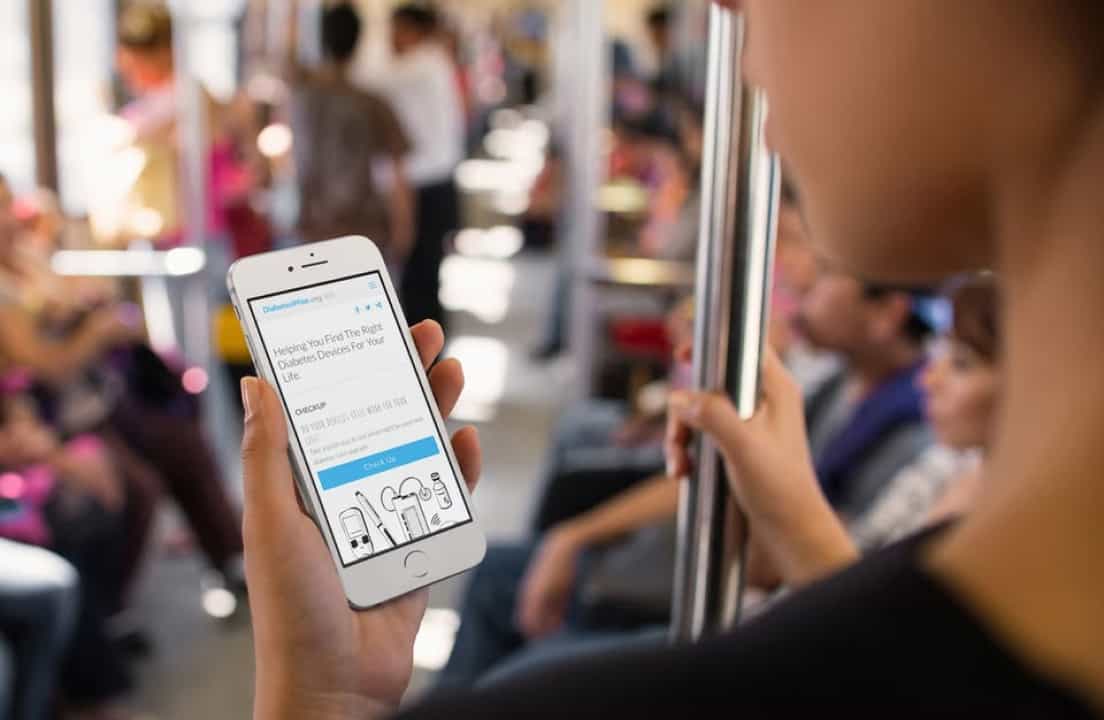
.jpg)
.jpg)
.jpg)



.jpg)

.jpg)

.jpg)
.jpg)
.jpg)
.jpg)
.jpg)
.jpg)

.jpg)
.jpg)
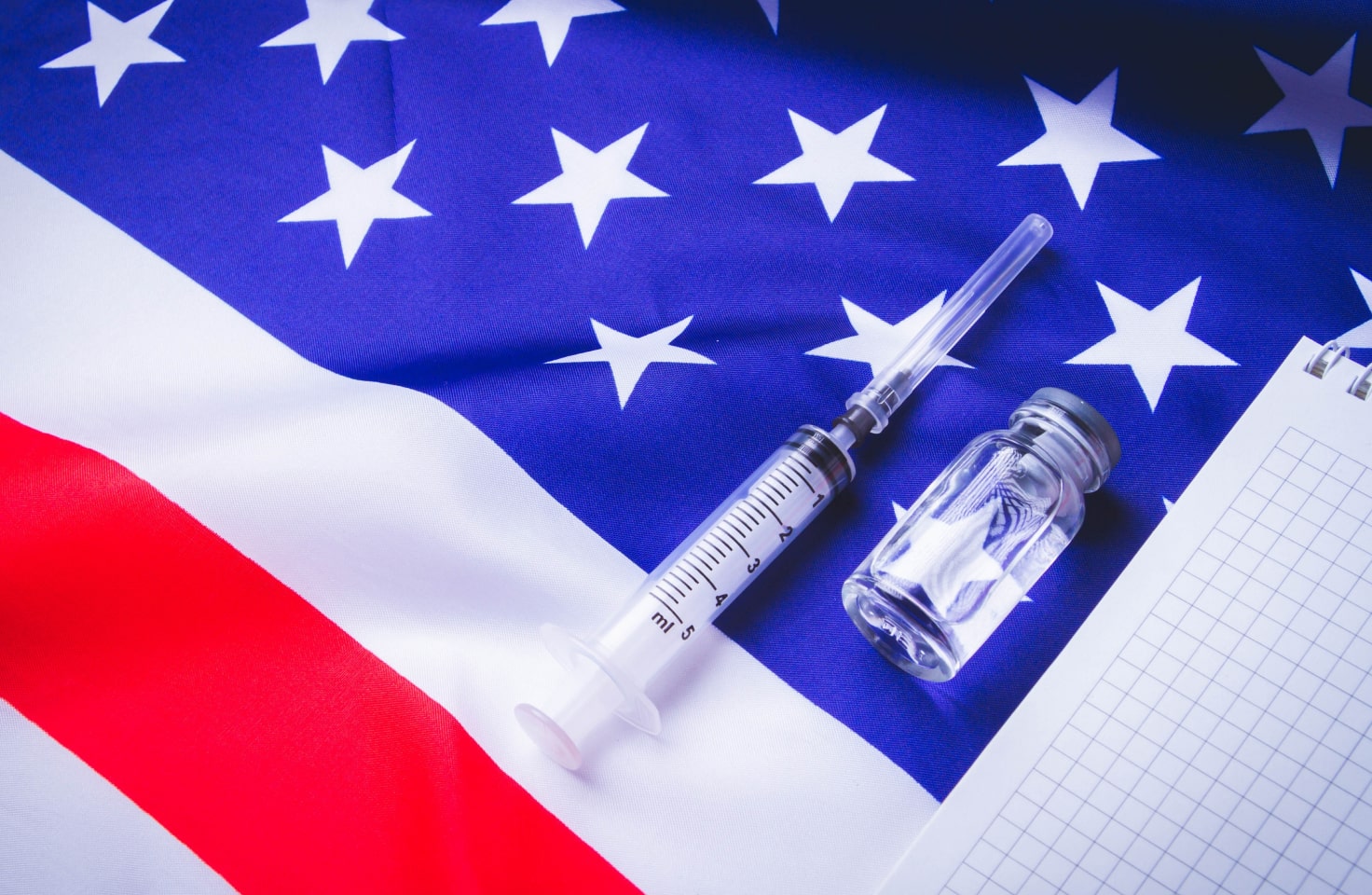
.jpg)



.jpg)
.jpg)
.jpg)


.jpg)
.jpg)


.jpg)

















.jpg)




.jpg)










.webp)